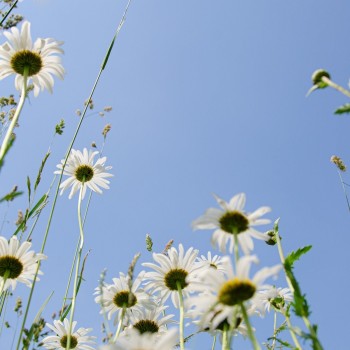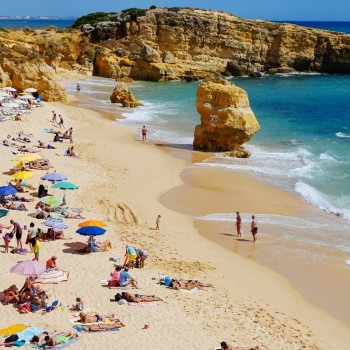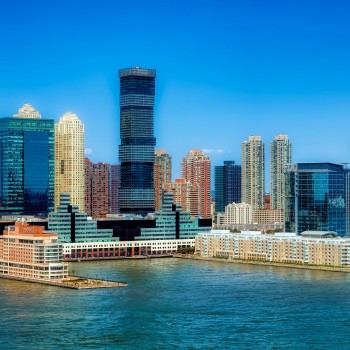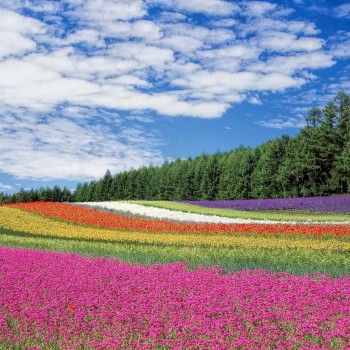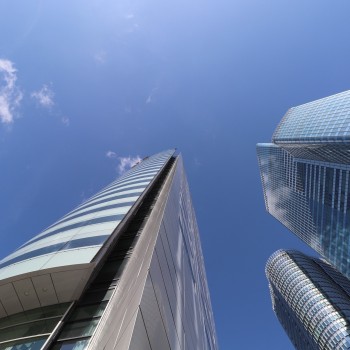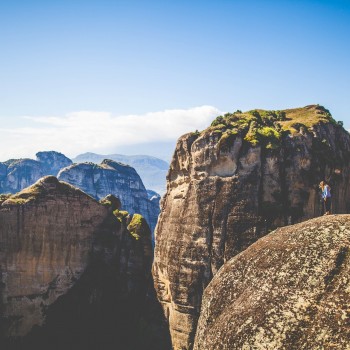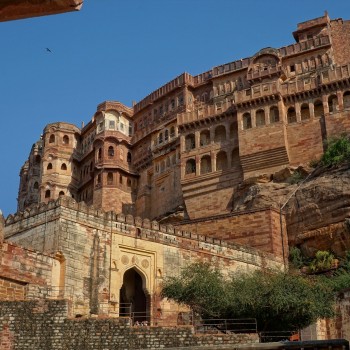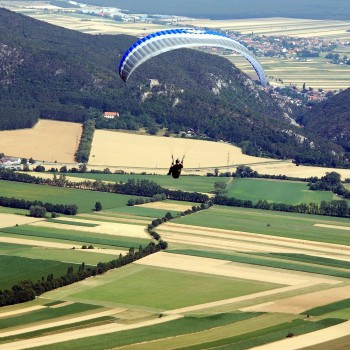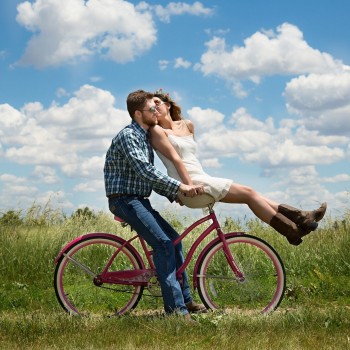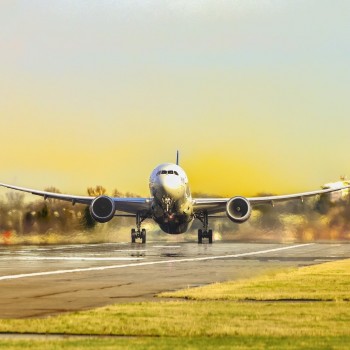British Virgin Islands
British Virgin Islands
Capital city description
Road Town, the capital of the British Virgin Islands, is situated on the horseshoe-shaped Road Harbor in the center island's south coast center.
The Road town name is derived from the nautical term the road, a place less sheltered than a harbor but to which ships can quickly get to A 28 hectares (69 acres) development called Wickham's Cay, consisting of two areas that were reclaimed from the sea and a marina, has enabled Road Town to emerge as a haven for yacht chartering and a center of tourism. This area is the newest part of the city and the hub for the BVI's latest commercial and administrative buildings.
Climate
The climate of the British Virgin Islands is tropical, hot throughout the year, and also influenced by the trade winds, with a more pleasant period from December to March.
Languages spoken
The primary language of the British Virgin Island is English. But It is common to hear French Creole and Spanish spoke, particularly on St. Thomas and St. Croix. Spanish is spoken in the Virgin Islands by Puerto Rico and Santos Domingo immigrants.
Fun/Fascinating Facts
- The British Virgin Islands boast stunning views of wide bays, clear turquoise waters, the natural beauty of mountains, botanical gardens, fifteen National Parks, and world-famous attractions such as the unique granite rock structure Baths ("Baths") on Virgin Gorda Island.
- The British Virgin Islands is one of the wealthiest places in the Caribbean. Tourists are drawn by the pristine white sand beaches, the tropical climate, and the coral reefs.
- The British Virgin Islands features beautiful coral reefs and rolling hills, and temperatures are an average of 76° Fahrenheit (26° Celsius). The plants are tropical, and several different wildlife species call the BVI home.
- The BVI is entirely independent of the United Kingdom, a British Overseas Territory. They recognized Queen Elizabeth II as their monarch, and there was a Governor of the British Islands who served as a representative of the British government.
- Many British Virgin Islands buildings are built in the traditional Caribbean style. Villas are usually constructed from concrete and characterized by wide verandas, high ceilings, and bright colors. Pergolas, rich vegetation on the site, use of local stone, and various types of wood help soften the hard lines of concrete structures.
Unique Customs/Traditions
- Music and dance are an essential part of Virgin Islands culture. Besides listening to calypso, reggae, and steel pan bands, learn about Quelbe, a traditional music and dance style widespread on the islands. Also called Fungi music, Quelbe blends African slave beats with Caribbean folk melodies.
- The British Virgin Islands culture is reflected in its many art forms, including such indigenous music as fungi, a form of scratch band music. But the music here also encompasses Caribbean imports, such as steel band music, whose melodic sounds originated in Trinidad. Reggae from Jamaica and salsa from Latin America add to the cultural mix.
- Many local farmers still raise their livestock, grow their produce, and sell their wares at outdoor markets despite modern supermarkets and foreign foods.
- British Virgin Islands people's influence has made basketball a more famous sport than cricket, and immigrants from Spanish-speaking islands brought salsa and meringue to the British Virgin Islands. Steel and fungi bands use washboards, gourds, and other improvised instruments to make their quelbe music.
- The bamboula, an African drumming and movement style, is also a celebrated tradition in the U.S. Virgin Islands. Brought to the Caribbean by enslaved Africans, bamboula dance compels dancers to have conversations with their heartbeats the drums.
- People of the Virgin Islands are earnest about having fun. Fusing African traditions with European customs, Carnival is a three- to four-week celebration in April on St. Thomas, June to July on St. John, and December to January on St. Croix.
Popular universities
| Name | Description | |
|---|---|---|
| The H. Lavity Stout Community College | The college was initially established in 1990 as the British Virgin Islands Community College under the College Act, 1990. The institution was subsequently renamed in favor of Hamilton Lavity Stout, first Chief Minister of the British Virgin Islands and founding chairman of the college's Board of Governors The first campus building encompassed some 10,000 square feet and had 15 classrooms and laboratories on the upper floors, and 4,700 square feet for administrative offices on the ground floor. The current study body is over 600 students. The college is currently led by President Dr. Richard Georges, an alumnus of the school. Many students attend college for one or two years to either complete an associate degree or obtain a certain amount of course credit before transferring to a college in the United States. The Middle States Commission accredited HLSCC on Higher Education in 2015. | |
| The University of the West Indies | The university was founded in 1948 on the recommendation of the Asquith Commission through its sub-committee on the West Indies, chaired by Sir James Irvine. The Asquith Commission was established in 1943 to review the provision of higher education in the British colonies. The Programs are offered directly by one of the university faculties, and the UWI extends accessibility to its programs through articulation agreements and franchise arrangements with regional institutions. In many of these arrangements, students can study in their home countries for the first one or two years before going to a landed campus for the third (and fourth) year. In the case of articulation agreements, the local institution develops its program, and the UWI agrees to recognize it as equivalent to the first year or two of a specific UWI program | |
Festivals & Events

Spring Regatta and Sailing Festival
Date: Last week of March
Spring Regatta and Sailing Festival held on March 30th, with the Scrub Island Invitational Regatta, a fun race taking the fleet to the eastern islands, such as Virgin Gorda. More than 150 boats partake in three exciting races around the Sir Francis Drake Channel.
It is the biggest sailing regatta of the year, held at Tortola’s Nanny Cay Marina during the last week of March.

Spanish Town Fisherman’s Jamboree
Date: April
Spanish Town Fisherman’s Jamboree is an annual event in Virgin Gorda’s capital. The city has hosted this deep-sea fishing showcase at the same time as the island’s annual Easter festival.
The festival hosts a wahoo fishing tournament, and the visitors can also sample the fresh catches, attend lively parades, and listen to the spontaneous fungi band performances.

BVI Music Festival
Date: End of May
BVI Music Festival is the biggest music festival in the British Virgin Islands each Memorial Day weekend at the end of May. Many of the world’s biggest calypso, jazz, fungi, reggae, and rock artists have performed during this lively three-day event on Tortola’s Cane Garden Bay Beach.
The music is accompanied by delectable local food and a spotless white sandy dance floor.

Hiho Windsurfing Competition
Date: Late June until early July
Hiho Windsurfing Competition is an annual competition event in the stunning British Virgin Islands. It is one of the top windsurfing competitions globally and features races from Anguilla to the British Virgin Islands.
A week-long journey between Virgin Gorda’s Bitter End Yacht Club and the nearby Caribbean island of Anguilla attracts the world’s best athletes and sailors to BVI.

Emancipation Festival
Date: End of July until August 10
The Emancipation Festival of the British Virgin Islands is a 2-week long festival that begins at the end of July and lasts until about August 10th every year. This Festival has three days of public holidays, which gives the local population a day off to enjoy the festivities.
These public holidays are held on Festival Monday, Tuesday, and Wednesday. These three holidays, and the associated Festival, are a celebration of freedom from colonialism and a celebration of culture and pride. It’s also a famous event among tourists and the people who reside on the islands.
Attractions / Top Sights

Baths National Park
When to visit: April to July or September to November
On the island of Virgin Gorda is situated a stunning tourist spot called "The Bath." It is a collection of massive granite boulders as large as 40 feet in diameter, with white sand beaches and private rock pools.
This famous daytime destination is excellent for swimming and snorkeling. Swim line markers guide vessels through secure channels when approaching the shores, but caution should always be used, and speeds should not exceed five mph. The dinghy dock offshore prevents the beach from becoming overcrowded with dinghies, while mooring buoys protect the reef from anchor damage.

Rhone Marine Park
When to visit: April to July or September to November
Rhone Marine Park is one of the major tourist attractions in the British Virgin Islands. It is one of the best diving sites for intermediate to advanced divers in the Caribbean. You can swim inside the coral-encrusted steel among schools of snapper, grunts, soldierfish, and parrotfish. Moorings are located at Lee Bay on Salt Island, near the wreck.
The marine park also encompasses two coral caves, 26 meters below the sea's surface, and Blonde Rock, another excellent dive site with overhangs, tunnels, caves, and abundant marine life.

North Sound
When to visit: In summer
The North Sound, on the northeast shore of Virgin Gorda, is a significant water sports center in the British Virgin Islands. The area offers well-protected waters and many anchorages, with every boat and water activity available: diving, sailing, windsurfing, parasailing, jet-skiing, water-skiing, glass-bottom boats, and trips to secluded beaches.
Hiking is another favorite activity in the region – especially the trail on the island of Prickly Pear.

White Bay, Jost Van Dyke
When to visit: March to April
White Bay, Jost Van Dyke is a famous beach bar and one of the most stunning in all the British Virgin Islands. Steep hills plunge to this long sweep of dazzling white sand, sheltered by a barrier reef. The reef protects the waters from waves and swells and creates excellent swimming and snorkeling opportunities.
Jost Van Dyke boasts many legendary beach bars, from the Soggy Dollar Bar to Foxy's. It's particularly famous, with sailors cruising around the British Virgin Islands ready to sample the region's renowned painkiller cocktail.


